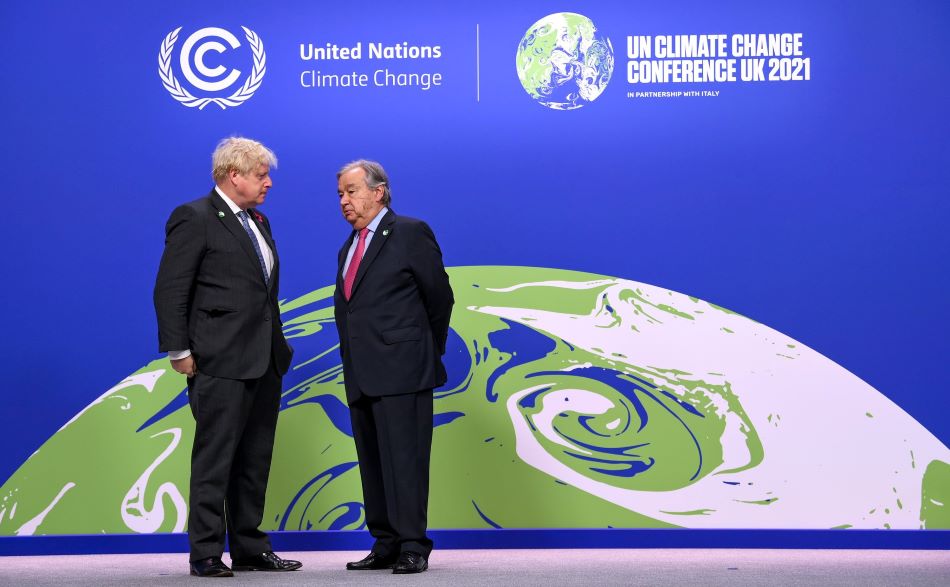What happened at COP26? And what next?
Submitted by Claire on Wed, 2021-11-24 15:13
The short answers to these questions are simple: in the face of escalating climate breakdown, COP26 did little to shift our trajectory away from catastrophe, away from business-as-usual and towards curbing fossil fuel use. Rich countries have refused to step up and meet their obligations to those who have least to cause the climate crisis.
In the words of Greta Thunberg, more “blah, blah, blah”.
And as for what comes next, of course we go on fighting to keep the chance of staying beneath 1.5C alive.
The long version? After two weeks with a flurry of announcements, greenwash, struggles over seemingly minor details of text, and anger from civl society massed on the streets of Glasgow, it’s worth unpacking some of the details of what was really agreed, or not. How does the jargon translate into real world outcomes, literally of life and death? In these details we can see beneath the media spin and glossy announcements the brutal realities of power, money, and neocolonialism.
1.5C ‘on life support’
As the window of opportunity is closing to stay within 1.5C heating and avoid the worst climate catastrophe, where are we left as COP26 ends?
Under the Paris climate deal, nations had to submit updated voluntary commitments to climate action (known as nationally determined contributions or NDCs) before the talks. Unsurprisingly, these are generally lacking in substance or urgency. Many lack clear deliver plans and delay meaningful change until after 2030. Climate Action Tracker’s useful analysis finds that even with all new pledges for 2030, we will still emit roughly twice as much in 2030 as required for 1.5C.
They estimate if all current pledges for emissions cuts by 2030 are met, this gives only a 50% chance of staying below 2.4C.
Of course 1.5C itself is no ‘safe level’. Many areas have already experienced devastating wildfires, floods, hurricanes and heatwaves at 1.1C. These, in combination with longer-term impacts such as drought, disproportionately affect countries who have done least to cause the problem and have fewest resources to deal with them.



